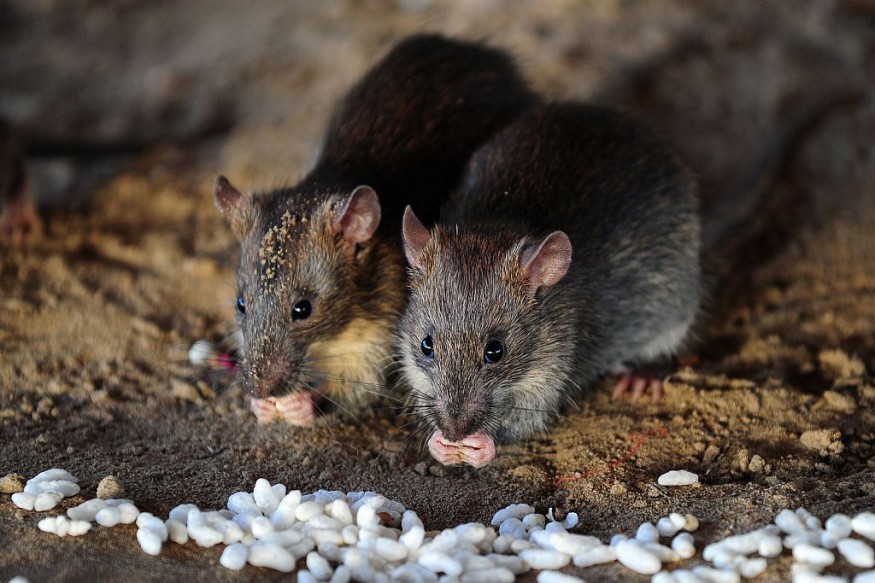Researchers warned of the impacts of invasive alien species (IAS) on the biodiversity and livelihoods in the Caribbean, indicating significant risks to human and animal health.
In the Caribbean, the region is considered home to various species and is rich in biodiversity. However, the arrival of IAS has posed a signficant threat to the Caribbean.
Invasive alien species impacts on the Caribbean's livelihood and biodiversity

In a recent report, researchers studied the threats of AIS in the Caribbean. The region is known to hold a diverse range of endemic species, including 11,000 unique plant species. Additionally, it has endemic vertebrate species, including 189 amphibians.
IAS has also been a major culprit in the 86% of island species extinctions since 1500 A.D. These species played a significant role in the extinction of native animals, including amphibians, mammals, and reptiles.
For instance, the introduction IAS (like cats and rats) has caused the decline and extinction of birds and mammals in the Caribbean.
Another aspect of discovery is its effect on human health. Researchers indicated that these invasive species can bring alarming health risks in many ways by bringing pathogens or acting as vectors of parasites or diseases. This leads to global health costs of over US $6.9 billion annually.
In addition to animal health concerns, the report raised concerns about the impacts on farmers' crops, livestock production, and economic development. Invasive species can significantly harm the supply of food. The global economy suffers from significant losses, reaching around US $70 billion annually, due to invasive insects.
Also Read : Invasive Mosquitoes Find Favorable Conditions Due To Climate Change; Dengue Cases Surge In Europe
Urgent concerns and mitigation efforts
Considering the significant impacts of these invasive species on the following:
- economy
- human health
- wildlife
There is an urgent need to address these issues. The report underscores the importance of prevention, early detection, and rapid response (EDDR) and control.
When these invasive species are controlled or prevented, the researchers noted an increase in biodiversity. This will better protect unique animals on the islands from population decline.
In addition, the report guide highlights the lack of information on invasive animal species in the Caribbean, indicating the threats of different alien species in the region.
Due to the concerning consequences of invasive species, the report findings can offer significant lessons and information needed for policy-making and controlling them. Controlling and mitigating the emergence of these species is essential because they outcompete other native species.
Read also: Insect Invasion: Emerald Ash Borer Detected in Multiple Counties, Threatening Texas Trees
For more similar, don't forget to follow Nature World News.
© 2025 NatureWorldNews.com All rights reserved. Do not reproduce without permission.





